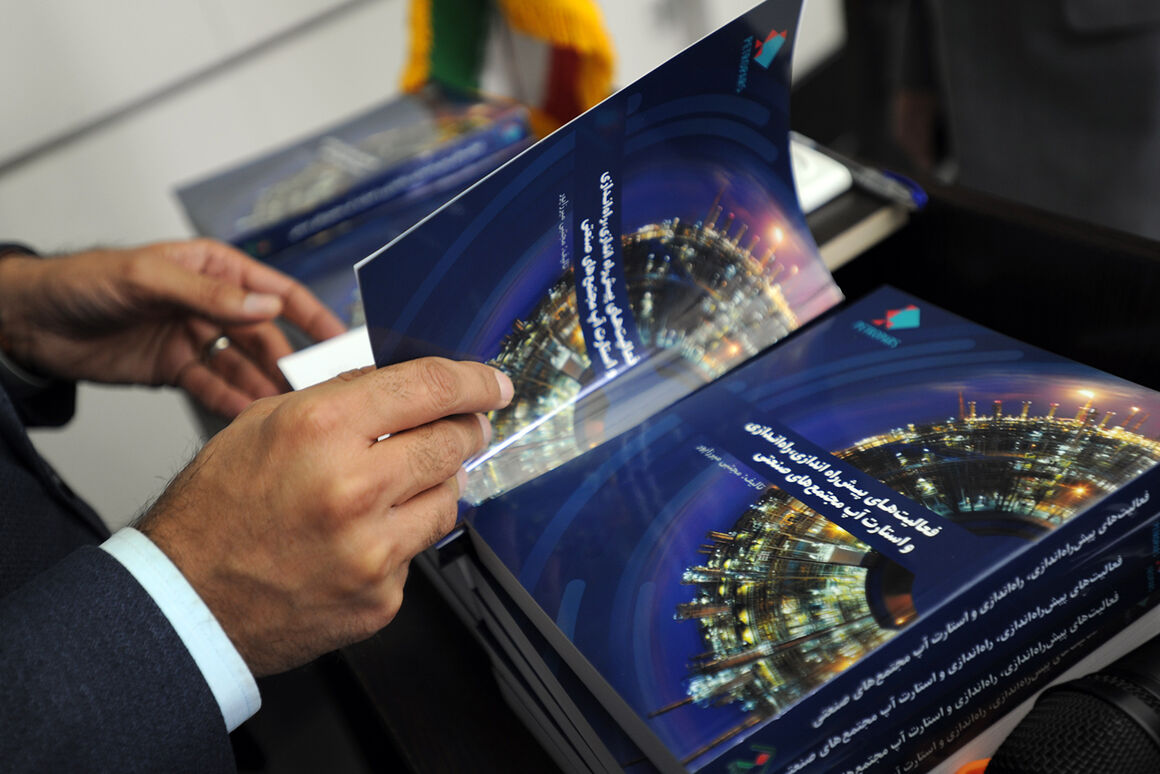(Part II)
Blut für Öl. Der Kampf um die Ressourcen (Blood for Oil: the battle for natural resources)
The 20th century was rightly named the century of wars and oil. A concurrence of oil and war would yield nothing but blood. Ever since oil was discovered and extracted to be converted to petroleum products the more human beings have moved towards development and progress the more wars and bloodletting have accompanied oil. It is noteworthy that colonialist powers across the globe resorted to any action only for oil. The contemporary world’s history is filled with stories of overt and covert wars against oil-rich nations. The history of oil production has been marred by wars in oil-producing countries. Hans Kronberger describes this in detail in his book Blood for Oil. The author has sought to show to what extent oil, a strategic product, has given rise to historical developments over the past 120 years.
Dr. Mohammad Mossadeq’s Memoirs & Reflections
Three events have marked Iran’s petroleum industry: discovery of oil in Iran by William Knox D’Arcy, nationalization of petroleum industry and the Islamic Revolution. Historians and petroleum industry experts have mainly focused on the second event. The most comprehensive book is Dr. Mohammad Mossadeq’s Memoirs & Reflections by Iraj Afshar. That would be interesting for anyone interested in the history of Iran’s petroleum industry. This book provides a detailed review of the historical developments of the petroleum industry, particularly what had happened during the nationalization movement. An advantage with this book is that it puts together two other books published earlier: A Brief Introduction Into My Life and Memoirs, A Brief Review of History of Nationalization of Petroleum Industry in Iran.
The Story of Oil and Iran Economy
An important point is that oil mainly affects the economy. Although we speak about the impacts of oil on politics, international relations, culture and social and even artistic issues, everything would become meaningful in terms of economy. The emergence of the petroleum industry and its development is first and foremost economic. Of course, studying the economic history of oil in Iran would be also of high value. Paying attention to this aspect of history of oil may develop our vision as an oil-rich nation and prove effective in future economic planning. Researchers like Saeed Ali Abadi, Majid Qalandar Mahalleh and Nouroddin Parsapour have provided a remarkable collection: The Story of Oil and Economy in Iran; A Brief Review of Oil Functionality in Iran’s Economy in Recent Century. This book has sought to simply review major economic issues and adopt a fully historical approach in a bid to prove to its readers that over the past century how the petroleum industry affected Iran’s economic procedures. This book has analyzed a very important issue. In addition to those interested in the history of the petroleum industry, students of economics would also learn a lot from it.
Oil Income, Development and Third World
It would be no exaggeration if we say that after the formation of the Organization of the Petroleum Exporting Countries (OPEC) and the oil-rich Third World nations’ daily increasing attention, nothing has been more important than using oil revenue for development. All oil-rich nations have tried their best to use oil for national development since the 1970s. This objective might have materialized or gone astray. In either case, the main objective still holds.
The petroleum industry history in the world shows that the oil income may spare many nations crises. Saeed Ahadi has outlined this issue in Oil Income, Development and Third World. The author has sought to explain and describe theoretical fundamentals, historical experience and objective instances of oil revenue with development in the Third World. By reading this book, one would see how some nations have committed harmful errors or some others have become extremely beneficial.
Courtesy of Iran Petroleum


Your Comment